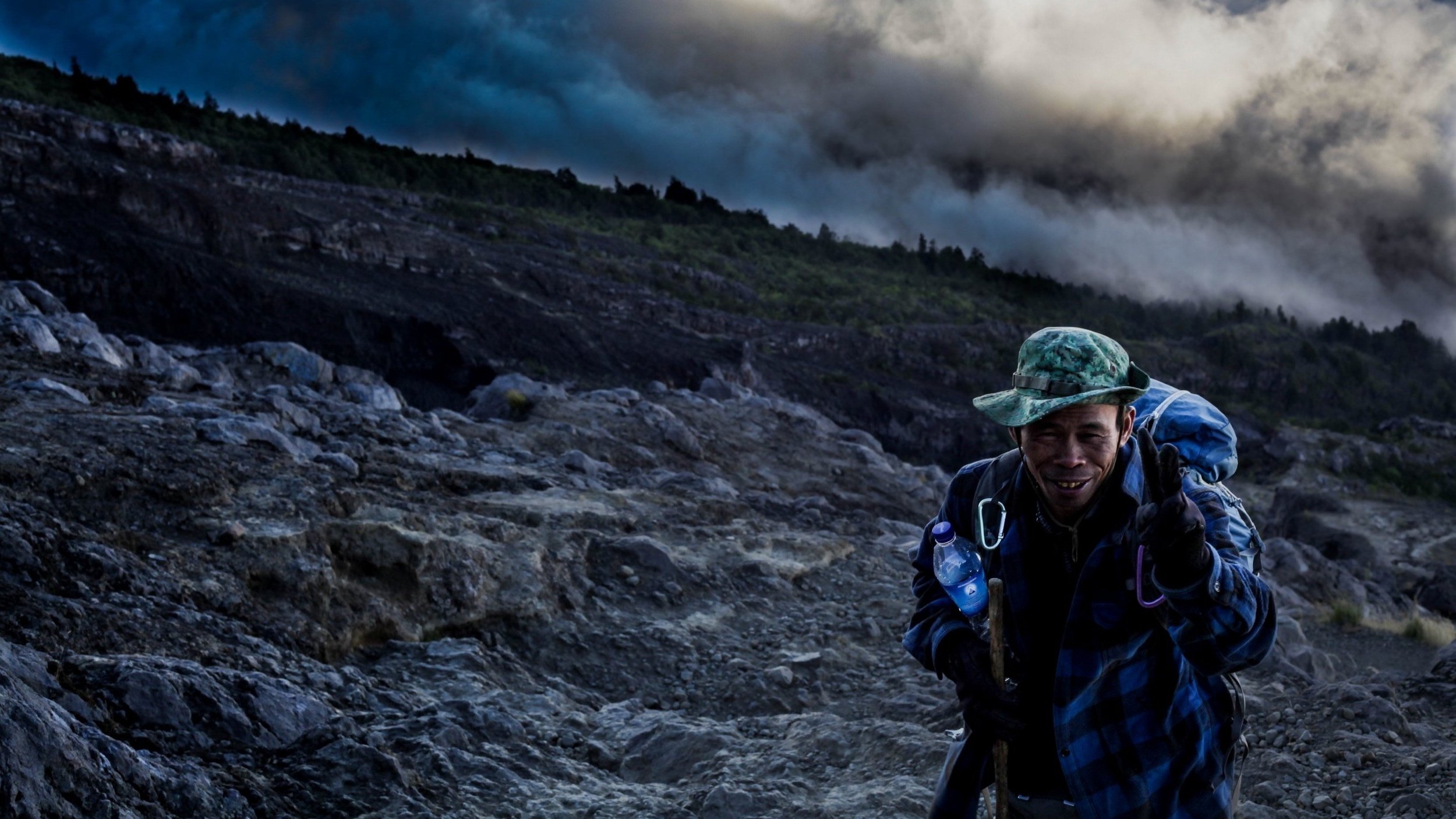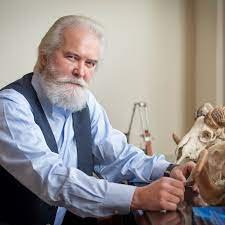
About SULi
For nature, for people: building global understanding on sustainable use of wildlife
Since its inception, SULi has become a respected and influential voice within the global conservation community, addressing some of the most contentious and significant issues. This includes illegal wildlife trade, hunting, and other forms of wildlife consumption. We have effectively forged partnerships, gathered extensive knowledge, and impacted policy through high-level discussions and deliberations.
Our strategy provides a clear roadmap across the four years of the IUCN quadrennium (2021-2025).
Our Vision
Thriving populations of wild species providing diverse and equitable benefits (tangible and intangible) to people who are, in turn, motivated and empowered to protect and conserve them.
Our Mission
To build global understanding of the importance of sustainable use of wild species, both for nature and for people, and to guide sound decision-making by generating and disseminating high quality, evidence-based information, tools and advice, that enhance legal, sustainable, equitable wildlife management practices and draw attention to those that are illegal, unsustainable and inequitable.
Membership
SULi is currently welcoming scientists, practitioners, and experts who bring skills and knowledge relevant to the sustainable use of flora, fauna and fungi – including, but not limited to, conservation biology, economics, sociology, law, political science, communications, as well as suitable individuals from industry with shared business interests.
Prospective members can access the IUCN Commission Portal and apply for membership via one of SULi’s parent commissions: SSC or CEESP. Alternatively, applicants may click here – SULi Membership Form 2021-2025 – to access and download an application form that may be submitted directly to SULi.
Please note that membership of SULi is at the discretion of the Chair.
SULi Admin Team
-

Dilys Roe
SULi Chair
Dr. Dilys Roe is a Principal Researcher at the London based International Institute for Environment and Development (IIED) where she leads the Institute’s work on biodiversity and conservation. Her work focuses on the human dimensions of conservation – including understanding and supporting the necessary conditions for effective community-based conservation.
-

Nik Long
Programme Officer
-

Max Winpenny
Communication and Engagement Officer
Max is an environmental communications specialist with a background in education and zoology. He hosts and produces the podcast Our New World, has generated various environmental education curricula, and focuses his work on bridging the gap between knowledge and action.
Steering Committee
Shane Mahoney
SULi Vice Chair, Conservation Visions, Canada
Holly Dublin
Senior Associate IIED and Special Advisor to IUCN ESARO, Kenya
Anita Varghese
Keystone Foundation, India
Dan Natusch
Director of EPIC Biodiversity, Chair of SSC Snake Specialist Group, Australia
Craig Bruce
Jamma International, United Kingdom
Anastasiya Timoshyna
TRAFFIC, Global and Co-Chair of IUCN SSC Medicinal Plant Specialist Group, United Kingdom
Gabriela Lichtenstein
Independent Researcher, National Research Council (CONICET)/IUCN, Latin America
Funders and Supporters
SULi is extremely grateful for the generous financial support of Jamma International which is helping to build the capacity of SULI to enable more strategic engagement in key policy forums and for improving and enhancing its engagement in policy, communications and advocacy. SULi has also been able to deliver some core activities, since its inception, through funding from the Environment Agency – Abu Dhabi’s framework grant to the IUCN Species Survival Commission. Specific projects, publications and activities are (and have been) funded by a range of donors including the UK Darwin Initiative and Illegal Wildlife Trade Challenge Fund, the CITES Secretariat, the SSC internal grant mechanism, USAID (including through the Wildlife TRAPS project); the Polifund project and its successor ‘Partnership project’ of the German Federal Ministry for Environment, Nature Conservation and Nuclear Safety (BMUB) and Ministry for Economic Cooperation and Development (BMZ), implemented by GIZ. Full details of funders are provided on the linked project pages or in the acknowledgements sections of workshop reports and other publications.
SULi would also like to thank the International Institute for Environment and Development (IIED) which has acted as the host institution for SULi since January 2019 and contributes funding in the form of time spent by the SULi Chair, Dilys Roe, a principal researcher at IIED.
Conflict of Interest: SULi does not advocate on behalf of, any particular wildlife industry bodies or lobbyists. SULi policy advice and recommendations are made on evidence-based assessments, irrespective of the funder and all funding sources are openly declared.









